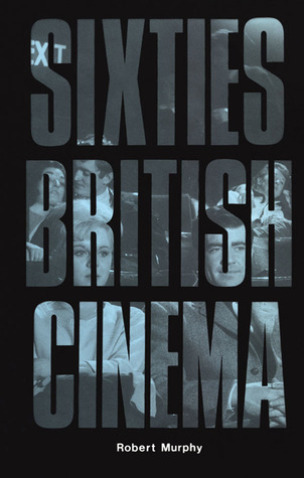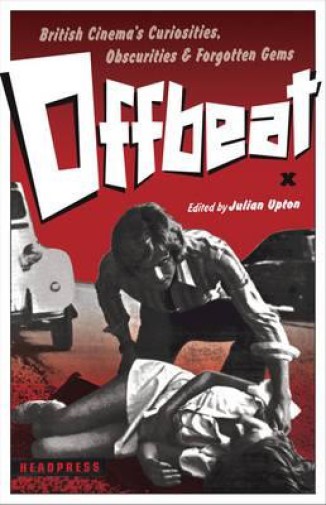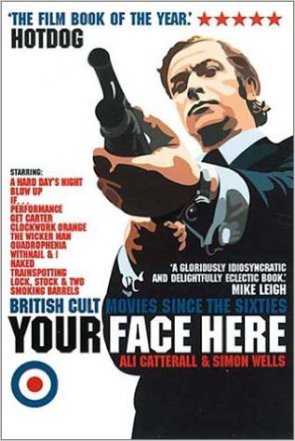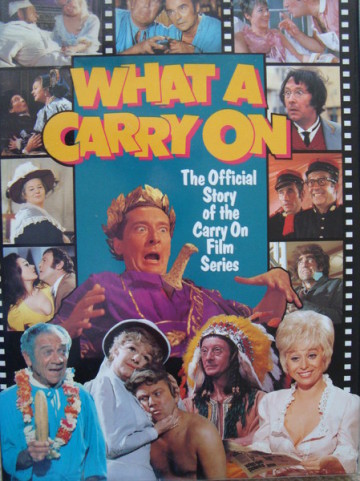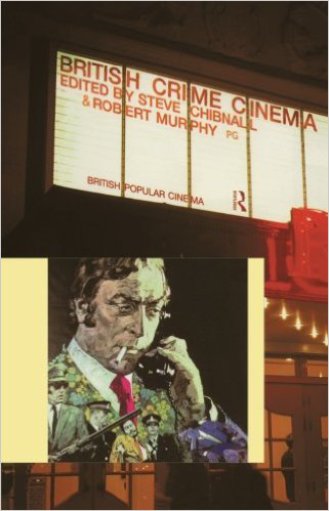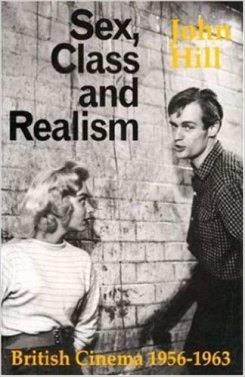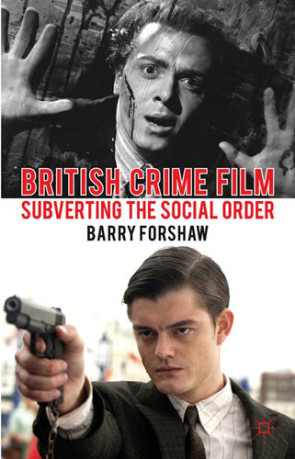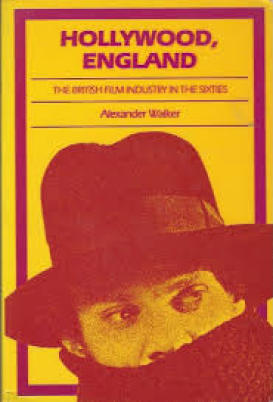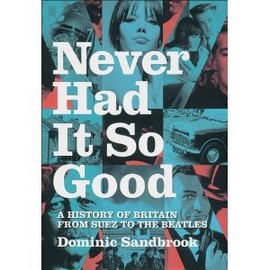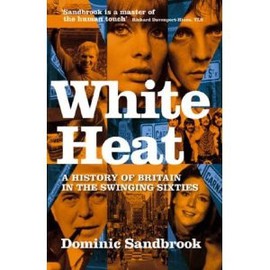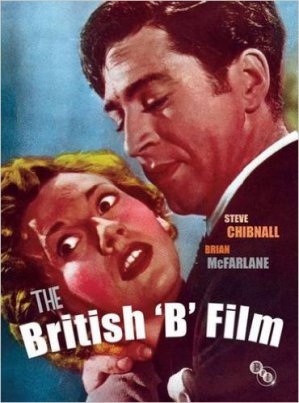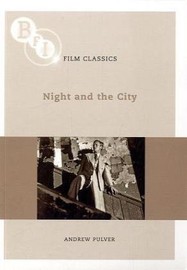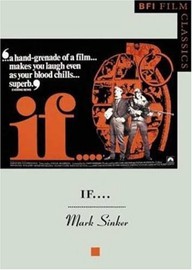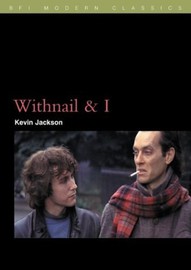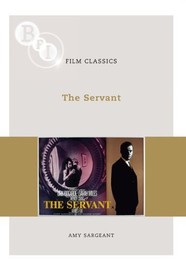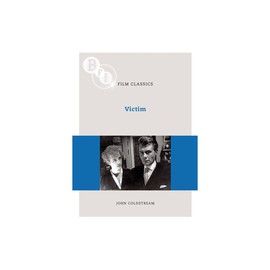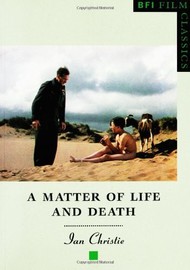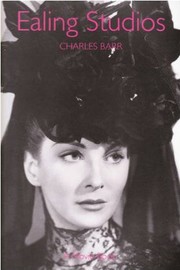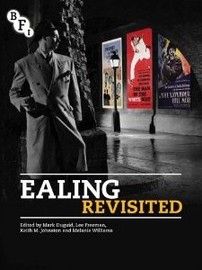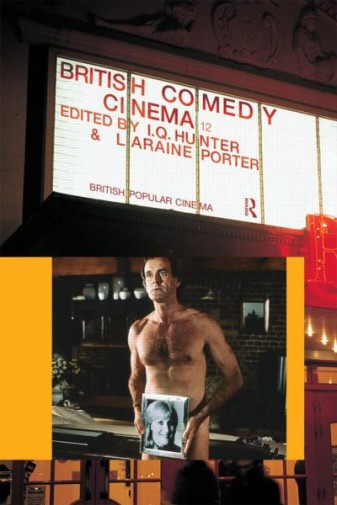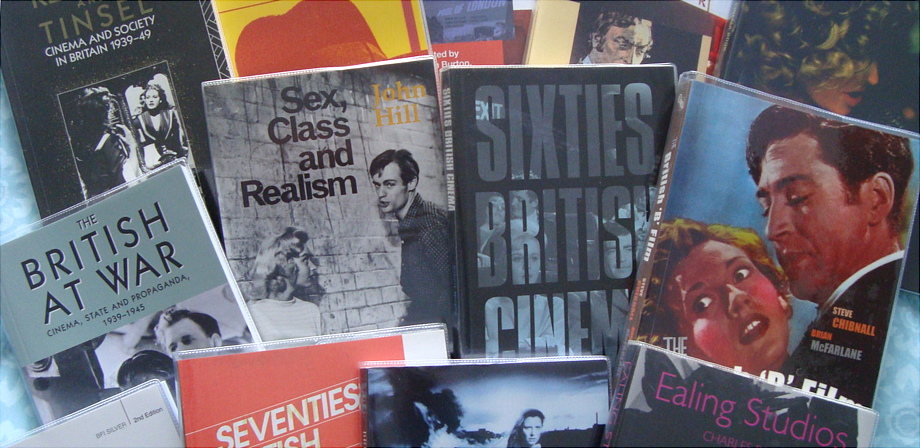
RECOMMENDED BOOKS
Surely the best book on British 1960s cinema is Robert Murphy's 1992 book - at the time it opened up new areas of interest in these films, when many of them must have been difficult to see. Even so, it is probably encouraging that on page 7 he mentions some films he has not been able to see, including A Place to Go and The Small World of Sammy Lee, both of which are now freely available on DVD. Let's hope many more will continue to come out - please can someone release The Strange Affair (1967)?
There are chapters on standard 60s fim topics, such as The New Wave and Swinging London, but also on comedy, the underworld, horror and 'social problem' films. Published 30 years ago, this is still the book to beat on 60s cinema and the one book I keep returning to time and time again, particularly since I started this website. It would be very interesting if Murphy were to add a chapter or two, 20 years on, to a new edition; I wonder if he would revise any of his views on the films?
Just bought an excellent book, edited by Julian Upton, called 'Offbeat: British cinema's curiosities, obscurities and forgotten gems'. The book is roughly divided into two sections - 'Boom 1955-1969' and 'Bust 1969-1985' - and covers cult films, horror, sexploitation films etc. It certainly reviews a number of films that I have already written about on the 'Unsung' films page, such as The Small World of Sammy Lee, The Reckoning, Twisted Nerve and Slade in Flame, as well as some that I want to write about such as Jigsaw, The Strange Affair, Bronco Bullfrog and Tread Softly Stranger. There are of course also write ups on films that I haven't seen, but have long wanted to, and also recommendations for films I've never heard of.
One thing I particularly like about the book is the style of the articles, which by and large is a style I have strived for on this website; non-scholarly, informal, relying on shared cultural references etc. A very valuable addition to the growing library on British cinema.
'Your Face Here' by Ali Catterall & Simon Wells is a book on 'British Cult Film since the Sixties' and has excellent chapters on A Hard Day's Night, Blow-Up, If,,, and Performance - well, all of its chapters are excellent, it's a cracking book, but you know what I mean - which contains endless fascinating nuggets of information. Almost instinctively, Catterall & Wells seem to understand exactly what it is that makes a cult film, and their obvious love and fascintation for these films shines through. Other chapters include discussions of Get Carter (you'd never have guessed from the cover!) and, inevitably, Withnail and I.
Much better than the incredibly disappointing 'Withnail and Us', which I got from the library recently but didn't even finish. I think it was a university thesis and it certainly read like one.
Having redone the home page this month and looked at Carry On films, it set me off on digging out what I could on them. The book I've had for many years is Sally and Nina Hibbin's 'What a Carry On', published in 1988 and with a lengthy introduction by Peter Rogers.
There are many others, some of which Norfolk libraries don't have (what's my council tax being spent on then?) but one I did get hold of, and have almost finished after only a day or so, is 'Mr Carry On: the life and work of Peter Rogers' by Morris Bright and Robert Ross, published in 2000. Despite its rather fawning approach (he can do no wrong, if there was a problem it must have been someone else's fault) it's an interesting look at the man behind the whole series, and doesn't forget to mention all the other films he squeezed in inbetween the CO production line.
As for articles, the ones I've read over the years include 'Carry on Camp' by noted CO fan Andy Medhurst in Sight and Sound (can't find the volume number, sorry), '"Stop messing about"! - the gay fool of the Carry On films' by Margaret Anderson in 'The Journal of Popular Cinema volume 1 (1998) and my favourite, simply because of the title, 'Certain liberties have been taken with Cleopatra: female performance in the Carry On films' by Frances Gray from a book called 'Becasue I tell a joke or two' edited by Stephen Wagg (1998).
Medhurst, in an article 'Music Hall and British Cinema' in 'All our Yesterdays: 90 years of British Cinema' edited by Charles Barr, correctly perceived that the start of the end for CO films came in Camping when Barbara Windsor's bra flew off. He wrote:
By their increasing sexual directness, however, they put an end to the very traditions of innuendo that sustained them for so long. After Barbara Windsor's brassiere had at last burst (in Carry On Camping, 1969), where was the humour in teasing about the possibility of such an occurence?
This of course led logically to the stronger Adventrues of film of the 70s, and the slow demise of COs.
Most of the articles now praise the series, and appraise them positively; perhaps the time has come for another re-evaluation, with the pendulum swinging back the other way?
One aspect of British cinema which particularly appeals to me is British crime films, and this was the first club season I ran in Abu Dhabi with the film club I started there (see page on the Abu Dhabi film club on this site); I've also used to run a Facebook group called 'British crime and noir films' (it's still going I think, just that someone else took over as I'm not on Facebook any more). The main text as an introduction to this area of Brit films is 'British Crime Cinema', edited by Steve Chibnall and Robert Murphy, part of the excellent Routledge series on British popular cinema. Defining crime films as "films in which the activities of professional criminals feature significantly", it's particularly strong on post-war crime films through to the early 60s, with very good essays from Chibnall, Andrew Clay, Andrew Spicer and Viv Chadder. The last few chapters bring us up to the 1990s, but just before the impact of the 'Ladland' films started by Lock, Stock and Two Smoking Barrels (the book was published in 1999).
Get Carter gets a chapter to itself, with an interview with Mike Hodges as well. Highly recommended, especially for its roll call of various not-heard-of films, some of which I've manged to get hold of since (The Strange Affair etc).
John Hill's 1986 book only covers the period 1956-1963, but focuses on two key elements in early 60s' British films - the realist film (also known, condescendingly, as the Kitchen Sink film) and the social problem film. Whilst very useful in its overall coverage of a wider range of films than might initially be expected - there is a chapter on Ted Willis, including films such as Woman in a Dressing Gown and No Trees in the Street, for example - Hill is too sniffy about the overall impact of the New Wave films for my taste (see the page on this site on these films for my views on them) and there's too much impenetrable 80s-style criticism for me.
Just seen that there is a new book out (well, October 2012, 8 months ago!) on British crime film. This is very exciting news, and can't wait to read it. On order from the library immediately, unless it's rubbish (please don't let it be rubbish) I shall buy it anyway.
Update 13 July 2013; it is rubbish. Oh dear. My first thoughts when I got hold of it was (a) the chapters are very short and (b) no pictures. There is no detailed analysis of the films, no historical context, and the prose jumps around from film to film with no real sense of purpose. Most annoyingly, from a general reader's perspective, the author has an incredibly annoying habit of putting everything in parentheses every couple of sentences.
Stick with Chibnall and Murphy's 'British Crime Cinema' and the chapters focusing on crime cinema in Murphy's 'Realism and Tinsel: Cinema and Society 1939 -1949' and, of course, 'British Sixties Cinema'. One day someone is going to write the definitive account of British crime cinema, but this ain't it.
Alexander Walker's 'Hollywood, England' book, published in 1974, is subtitled 'the British Film Industry in the Sixties' and is strong on production histories. As it was writing about a very recent time, it also contains numerous interviews with many of the major directors, producers and creative talent involved in the 60s. Inevitably though some of its critical judgements lack the perspective that time provides. Essential reading though.
Dominic Sandbrook's two books on the 'long Sixties' (1956-1970) - are excellent histories of the period. Finished 'Never had it so good' and 'White Heat' in record time, before starting on his 70s books too ('State of Emergency' and 'Seasons in the Sun' - just bought the latter in paperback, March 2013). Very good on pop culture - I'm learning more on The Beatles and the Stones from these books than I've ever learnt before - although ironically, from my point of view, when he discusses films, which he rarely does, he does give the impression of not having seen the films he mentions, or writing from (bad) memory. For example, he misquotes a line from The Angry Silence, and completely gets the plot of Sapphire wrong, including the identity of the killer. Oh well, still very enjoyable books.
Steve Chibnall (again!) and Brian MacFarlane have produced an exhaustive but loving study of the British 'B' movie, from roughly 1940 to 1965, following on from Chibnall's 'Quota Quickies' book which covered the 1920s and 1930s. Thanks to companies like Odeon Entertainment (see the Recommended DVDs page on this site) many of these have been released (I saw one such today [21st June 2012], Calculated Risk starring William Lucas, which was a pretty taut 'heist' thriller) and after Matthew Sweet's TV essay 'TruIy, Madly, Cheaply' about the British B movie I wrote up a new page on this website devoted to the pleasures of these films. The book cover shows Rona Anderson and Dermot Walsh in Torment, both of whom are discussed on the B movies page on this site.
There are shedloads of BFI Classic books, short books on almost every film you can think of, from all over the world and all time periods. I got one on Night and the City by Andrew Pulver from the library, and thought it was pretty good, but then went and bought the one on Withnail and I, which I must say I found disappointing, as it mainly simply went through the film scene by scene, repeating some of the best lines etc; what I was hoping for and expecting was much more background and unusual/little known facts about the film. Never mind.
Far better I think are the TCM British Film Guides, published by I.B.Tauris; I have the ones on A Hard Day's Night, Get Carter and Brighton Rock (Attenborough version) - the latter two of which are by, guess who, Steve Chibnall yet again, but there are lots of others on films such as Black Narcissus, If..., The Thirty Nine Steps, The Red Shoes etc.
A month or so ago I bought 'Ealing Revisited', a collection of essays on the famous studio. This looks beyond the Ealing comedies (although there are essays on them as well) at some of the lesser-known output of the studio, and at some of the more unsung contributors to its work (Pen Tennyson, for example).
I certainly haven't got through the whole book - probably only about a quarter of the essays so far, tedious stuff like work etc gets in the way - but there is some very good stuff in there. Steve Chibnall and Robert Muprhy are present and correct, as is Melanie Williams, who teaches at the University of East Anglia, (one of my ex-tutors) which is where Charles Barr also used to be a lecturer (he is Emeritus Professor there now). Professor Barr, whom I've met a couple of times (once in Ealing, during a month of Ealing Studio screenings, must have been around the early 90s), also has a contribution (which I've haven't read yet) on Kenneth Tynan's output at Ealing...
...which bring me on to his own book on the studio, published in 1977 (although my edition is from 1998, with a 'Retrospect' from 1993). This is rightly regarded as a classic, an excellent example (possibly the first) of how to combine an overview of an area of film studies with detailed analyses of individual films, not from memory but from a proper viewing of the film. (If this sounds obvious, I am still suspicious of some articles where the author clearly is trying to write from memory rather than actually sitting down and watching the film itself).
Both are obviously recommended, particularly so if the name Ealing conjures up only the (admittedly brilliant) comedies. Some of the war films are surprisingly modern (some of the scenes in Went the Day Well? are quite brutal for the time), and films such as It Always Rains on Sunday and Dead of Night are still held up as examples of their particular genres. Whilst my own interests in the period focus more now on the darker/more exotic side of British cinema (the spiv cycle, Powell & Pressburger etc) there is still no denying the huge contribution that Ealing Studios made over a longer period than it is usually credited with.
A mention for the latest in an excellent series of Routledge book on themed British cinema (the crime cinema one has already been mentioned). This is on comedy cinema, a notoriously difficult area to write about, with essays on the standard areas I suppose (Ealing, Carry On etc) but plenty of other material on the Boulting Brothers, Margaret Rutherford, Gracie Fields and 30s comedy, Norman Wisdom, TV sitcom spin-offs and so forth.
I even managed to spot an error (one of my favourite pastimes, much easier to spot other people's mistakes than one's own errors) in the piece on TV 70s sitcom spin offs - the writer mentions Porridge as one of the better spin offs (which it is, although I think the best by a margin is The Likely Lads) and adds that the plot involves "an escape plan by Fletcher and his young cellmate [ie Godber]", when in fact they are unwitting and unwilling accomplices in the escape attempt of a new character who did not appear in the TV series. It was on the other day on TV actually, I still like the film but it misses out some of the TV characters (McLaren, Lukewarm) and the ones that are in the film don't have much to do (Ives, Mr Barraclough). Anyway, I digress, another good book in this series.
